Working with Traumatized Adolescents: How to Get Unhooked
To work with troubled and traumatized adolescents, it’s crucial for therapists to first foster their own capacity for self-awareness and self-regulation. It’s not easy, especially when our young clients’ extreme reactions-ranging from angry arousal to frozen shutting down-can trigger our own sense of helplessness, failure, dissociation, and rejection. In this workshop, you’ll discover how to get unhooked from this nonfunctional cycle.
Learning Objectives
- Describe specific adolescent attachment styles as they relate to clinical practice
- Apply the React, Reflect, and Respond model to best support adolescent clients in recovering from trauma
Course Modules
- Welcome & Objectives
- The One Big Question
- Dependability & Isolation
- Paradigm Shift of LH to RH
- Co-Regulation
- From Divided Brain to Dual Brain
- Attachment & Trauma
- Classifications of Attachment
- Therapy and Attachment Trauma
- The Traumatized Teen
- Dissociation
- Developmental Trauma
- Misdiagnosis
- Dysregulation
- Symptoms and Body Memories
- “Feelings Flashbacks”
- Therapist in Trauma Therapy
- Insecurity, Anxious, Dismissive
- Therapy and Attachment Trauma
- Earned Attachment Security
- Mirroring, Mentalization, Mindfulness, Modulation
- Four Big Hooks
- Empathic Validation
- Enactment & Self-Disclosure
- Internal Working Models
- Therapeutic Intervention Components
Who Will Get the Most Out of This Course
- Psychologists
- Licensed Clinical/Mental Health Counselors
- Speech-Language Pathologists
- Marriage & Family Therapists
- Teachers/Educators
- Social Workers
How This Course Will Benefit You
Rebuild Trust with Children & Adolescents
Gain proven strategies to help young clients feel safe again after experiencing attachment ruptures from trauma, neglect, or loss.Confidently Address Complex Trauma
Learn how to differentiate and treat the impact of acute, chronic, and developmental trauma on attachment.Enhance Your Therapeutic Toolbox
Walk away with creative, experiential interventions—art, play, writing, rituals—that foster resilience, identity, and emotional expression.Strengthen Family & Group Connections
Discover practical ways to build connection in individual, family, and group therapy, even when trust has been deeply damaged.Support Grief & Loss Processing
Master activities that help children navigate grief, separation, and changes in family structure with healthier coping skills.Adapt Across Ages & Developmental Levels
Get clear guidance on modifying interventions for different developmental and functioning levels, so your work is always age-appropriate.Increase Treatment Outcomes
Implement safe rituals, healthy boundaries, and attachment-focused strategies that enhance resilience and improve long-term healing
About the Speaker

Martha Straus, PhD
Martha B. Straus, PhD, is an international trainer and speaker on topics related to child, adolescent, and family development, attachment, trauma, and psychotherapy. Straus’s postdoctoral years were spent in the department of psychiatry at Boston Children’s Hospital and Harvard Medical School. She’s the author of seven books including the highly acclaimed No-Talk Therapy for Children and Adolescents.


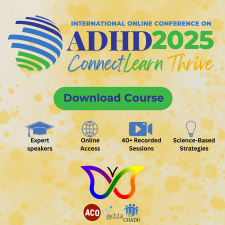
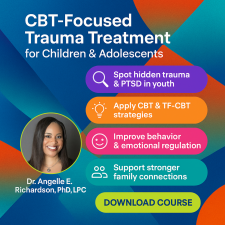
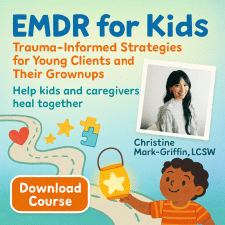
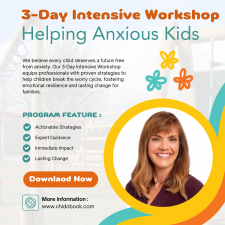
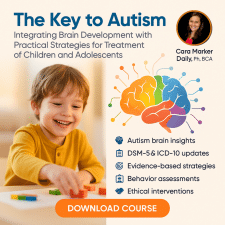
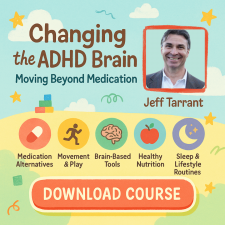
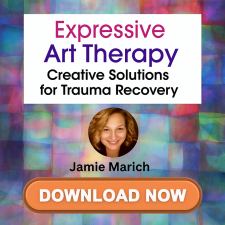
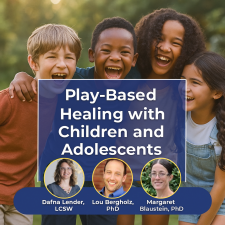
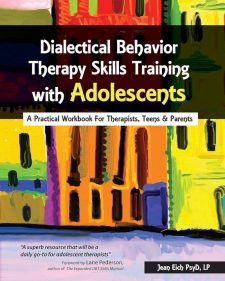
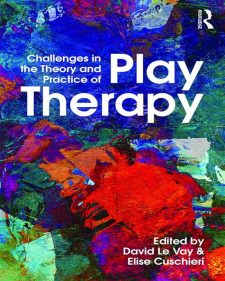
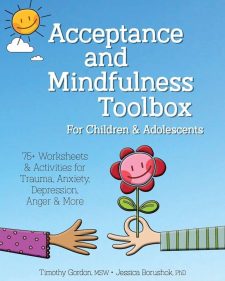
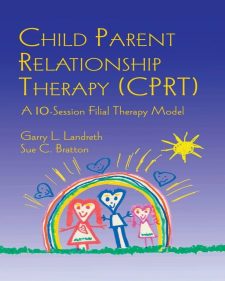

Reviews
There are no reviews yet.